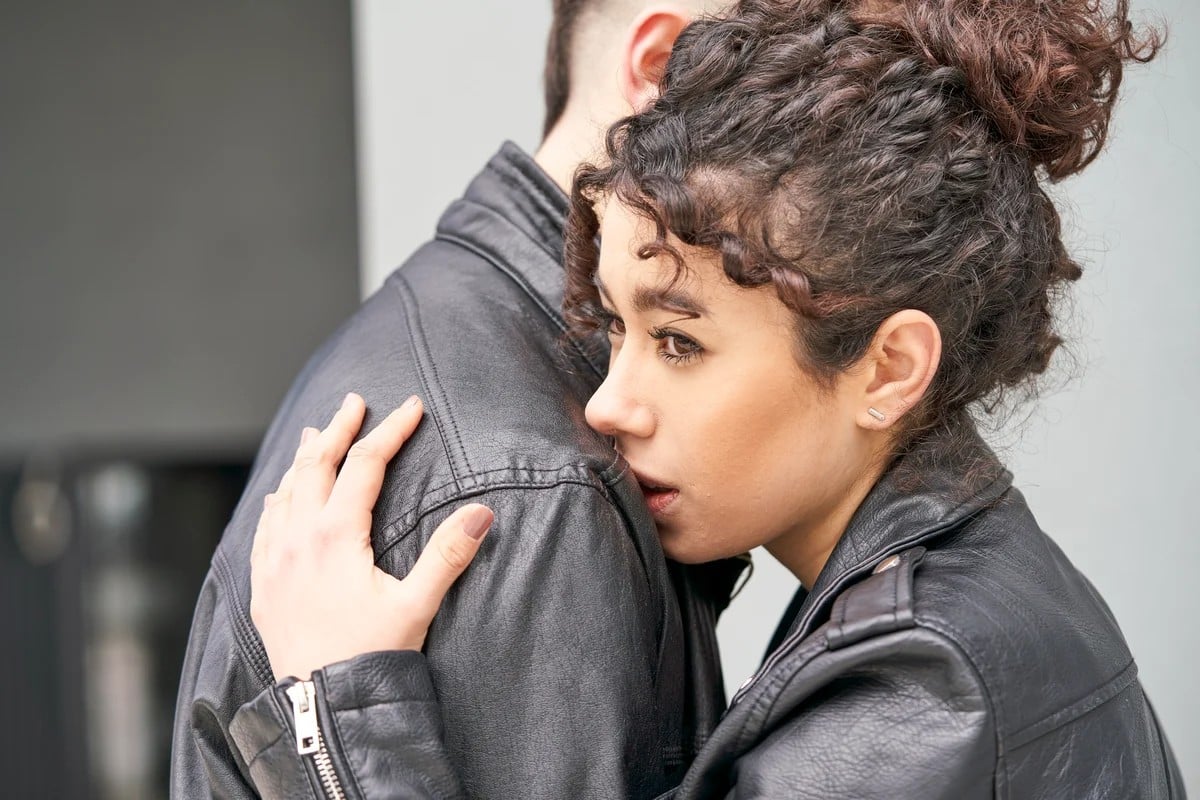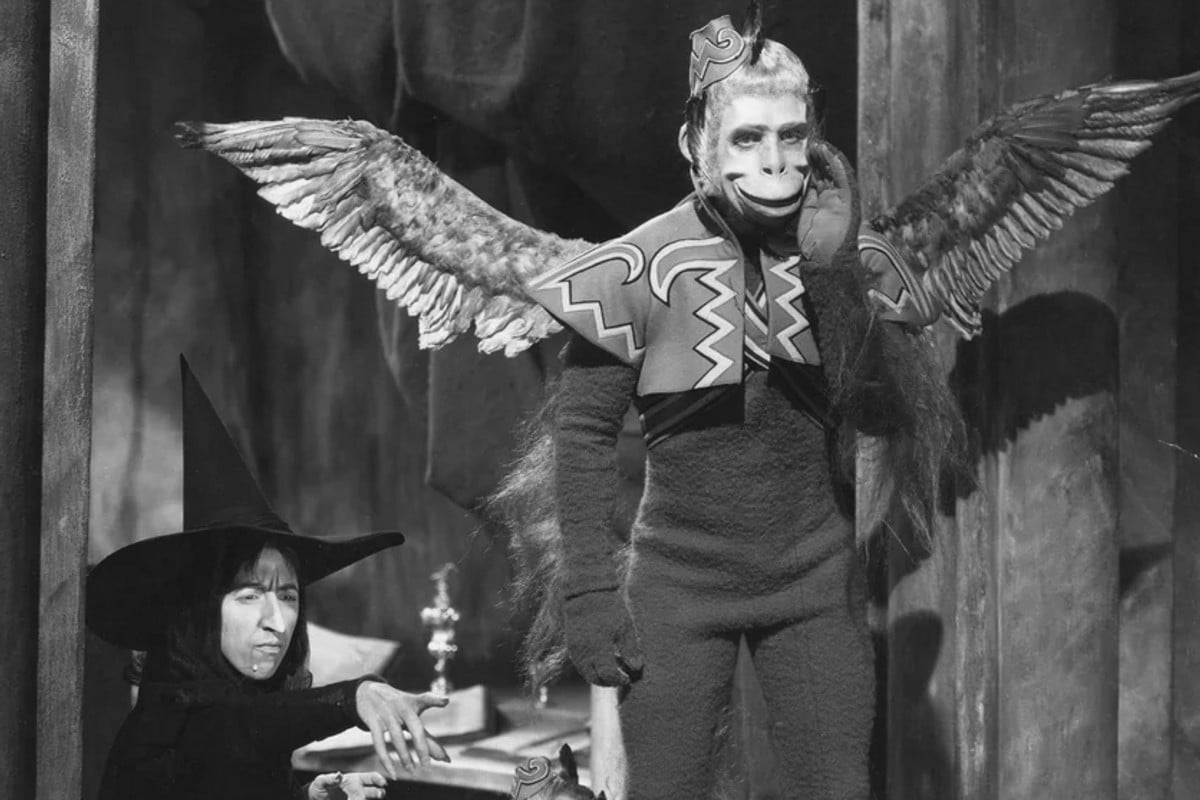
Have you ever dealt with a narcissist who seems to have everyone under their thumb?
Like somehow, you're the one being made to feel guilty, isolated, or crazy — but it's not even the narcissist saying it directly. It's everyone around them.
Trust me, you're not imagining it.
Let me introduce you to the 'flying monkey' theory.
It sounds bizarre, but for anyone who's been in the orbit of a narcissist, it makes unnerving sense.
The 'flying monkey' theory explained. Post continues after video.
Flying monkeys are the people narcissists use to do their dirty work: the ones who gaslight you on their behalf, guilt you into staying quiet, or spread just enough gossip to ruin your reputation.
The term comes from The Wizard of Oz. Yes, think creepy monkeys with wings and funny little hats.
But more importantly, the Wicked Witch didn't do all the dirty work herself — she had an army of flying monkeys to carry out her orders.
In real life, flying monkeys might be friends, family members, even mutuals who think they're "staying neutral".
Clinical psychologist Rachel Harker told Mamamia narcissists use this strategy because it helps them preserve their image as a "good person" while still enabling toxic behaviour behind the scenes.






























































































